utsahazarika.weebly.com
Artist BioUtsa Hazarika was born on November 25, 1987, in Delhi, India, and is currently based in New York. Her video projects have been screened at the Whitechapel Gallery’s Open Screenings (London, UK), Berkshire Art Association (MA, USA) and Target Gallery (VA, USA). She has been an Artist in Residence at Khoj International Artists’ Association and the Serendipity Arts Trust in Delhi, and at TIFA Working Studios in Pune, India. She was a resident scholar at the BASE centre in Tamil Nadu, in collaboration with GRENZ film based in Vienna, Austria. She is in the MFA program in Fine Arts at Parsons School of Design at The New School, where she is a recipient of the President’s Scholarship and the University Scholarship, and is supported by the Asian Cultural Council. She holds an undergraduate degree in Philosophy from the London School of Economics, and an MPhil in Social Anthropology from the University of Cambridge, where she was awarded Christ College’s Levy-Plumb Award for the Humanities. Her art and academic research has been published in Ethnos: Journal of Anthropology, Trans Asia Photography Review and The Caravan.

Two Yards of Delhi, work in progress
Video
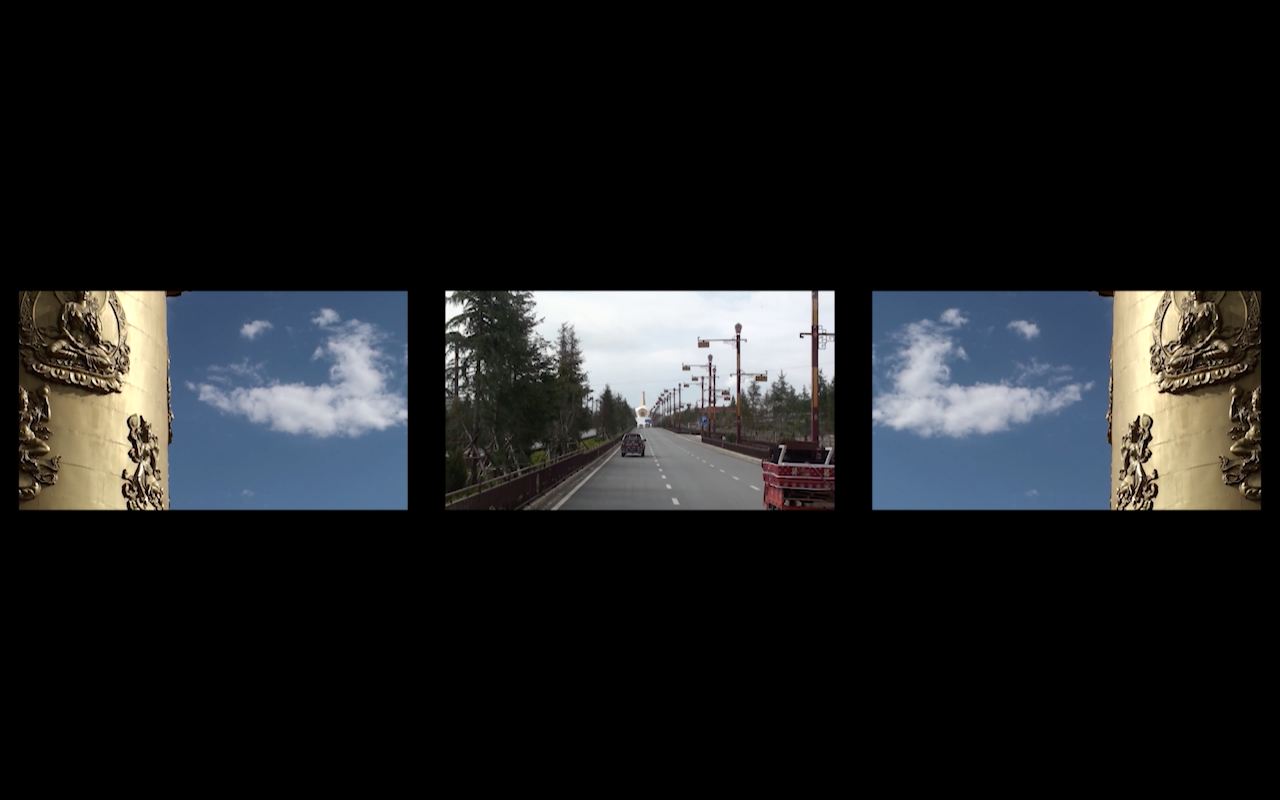
Subtexts in Utopia, work in progress
Video
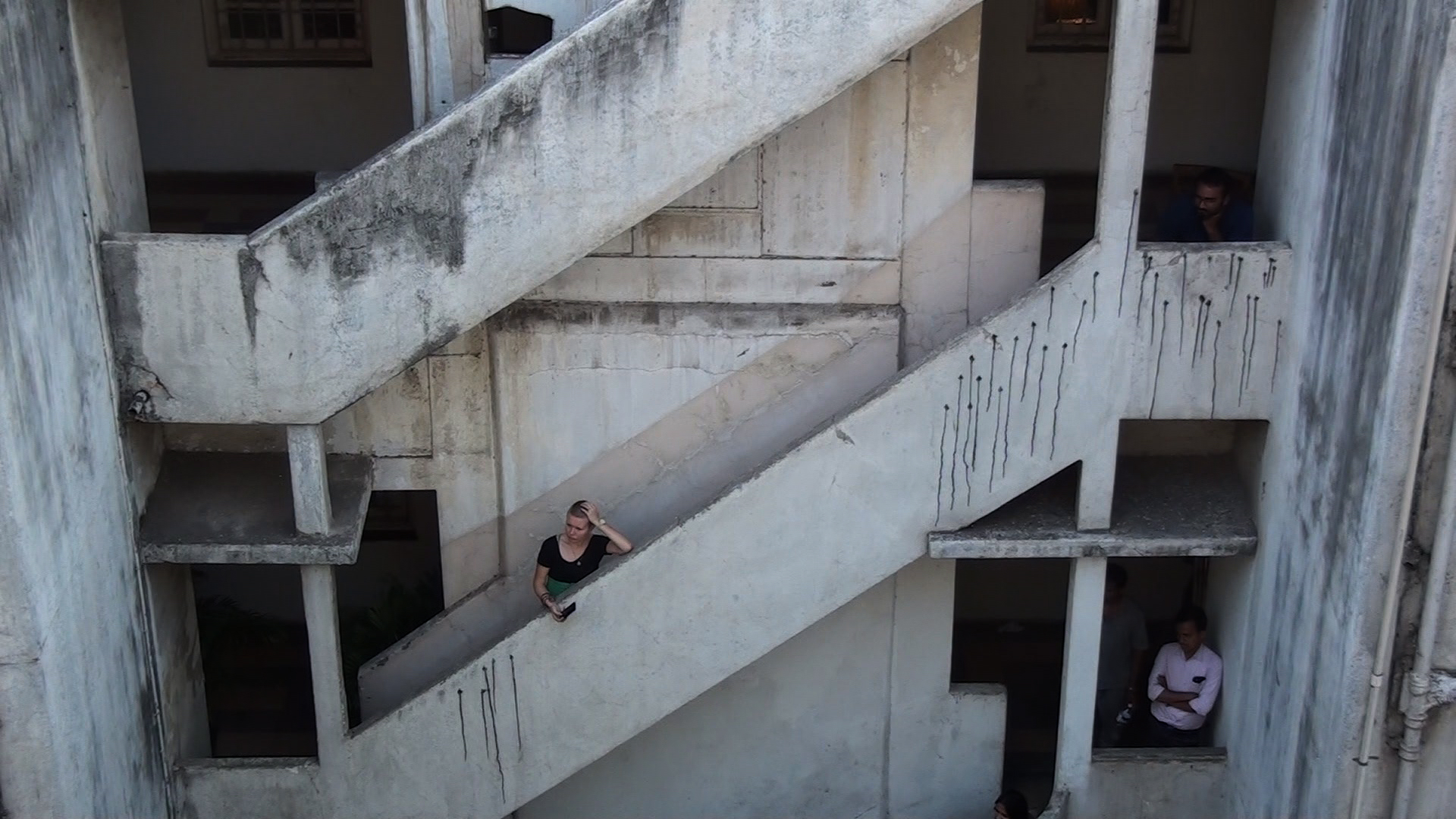
Rites of Passage, 2016
Video
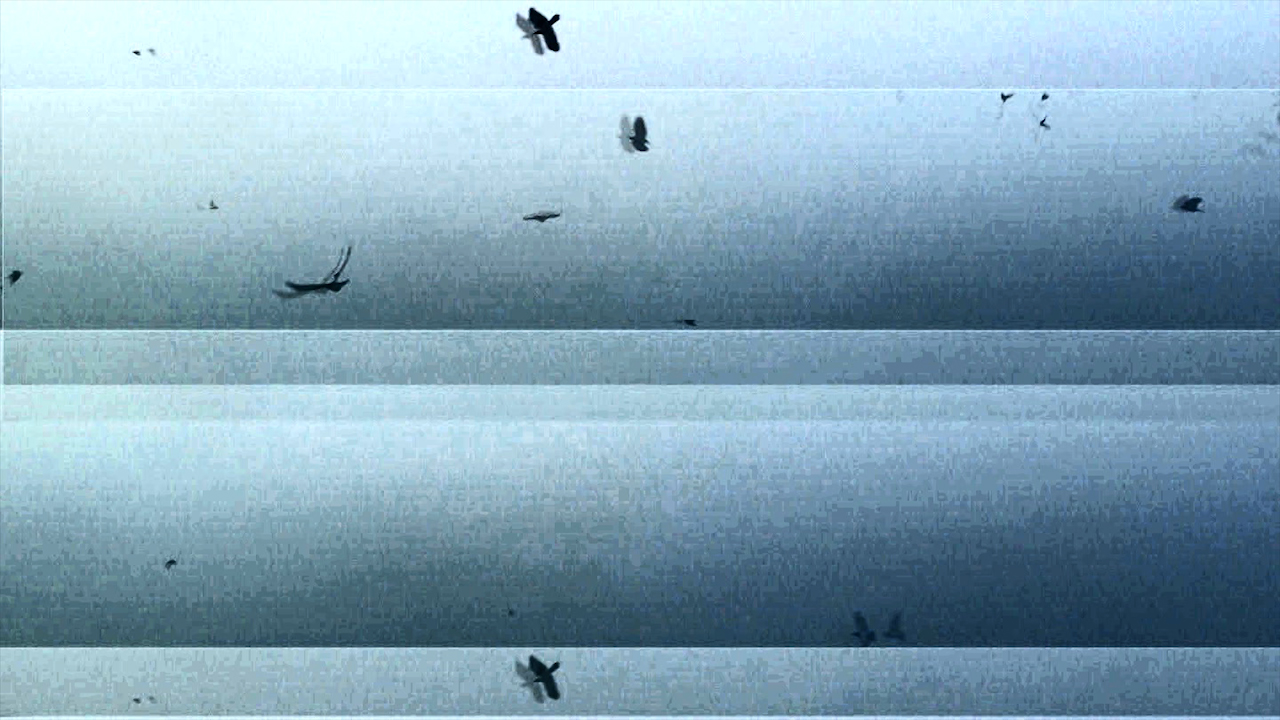
Storm, 2015
Video
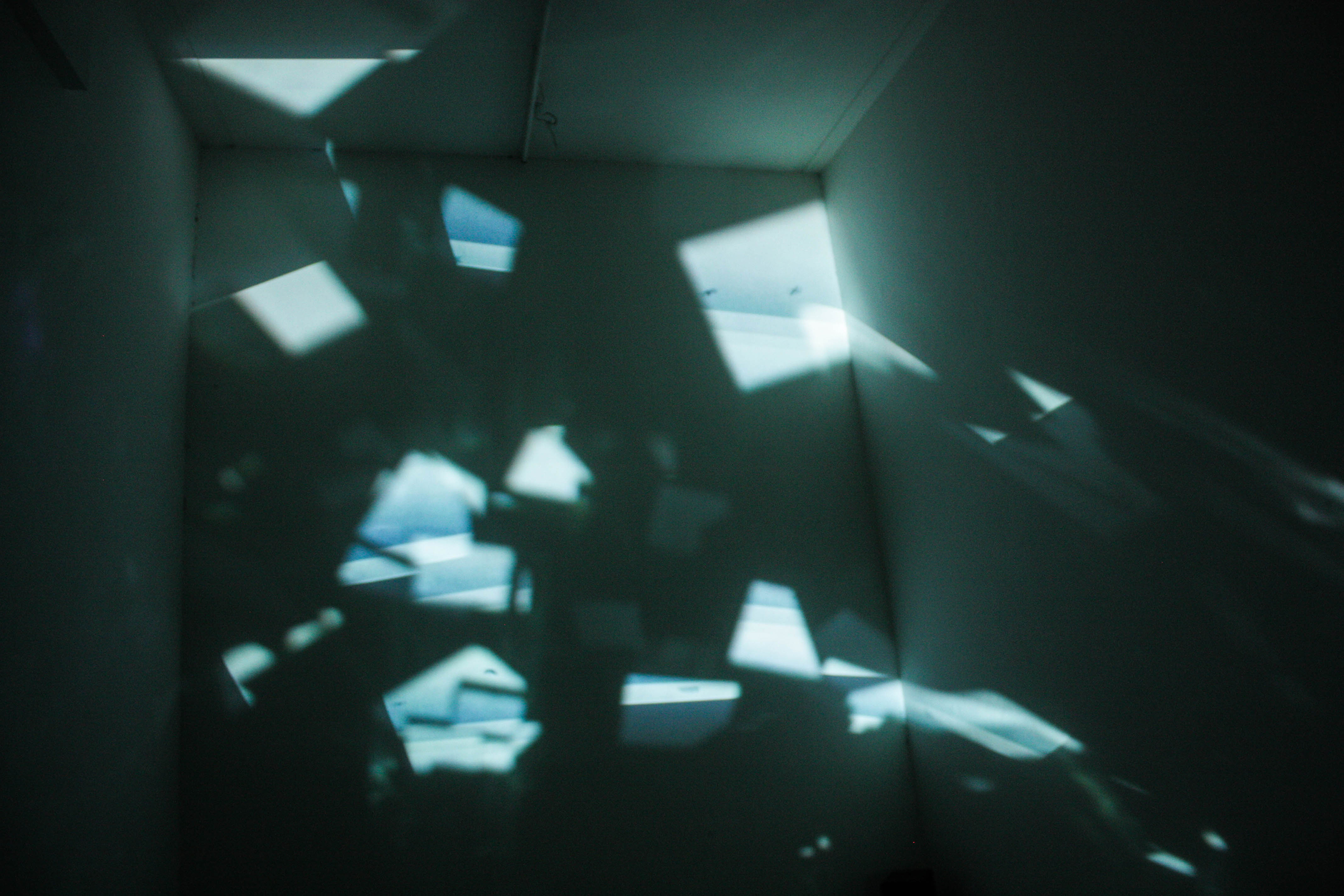
Untitled, 2015
Video installation

NaMo Chai, Gutter, May 16, 2014
from Looking Away: an exercise in visual resistance
photo and text publication, 2016
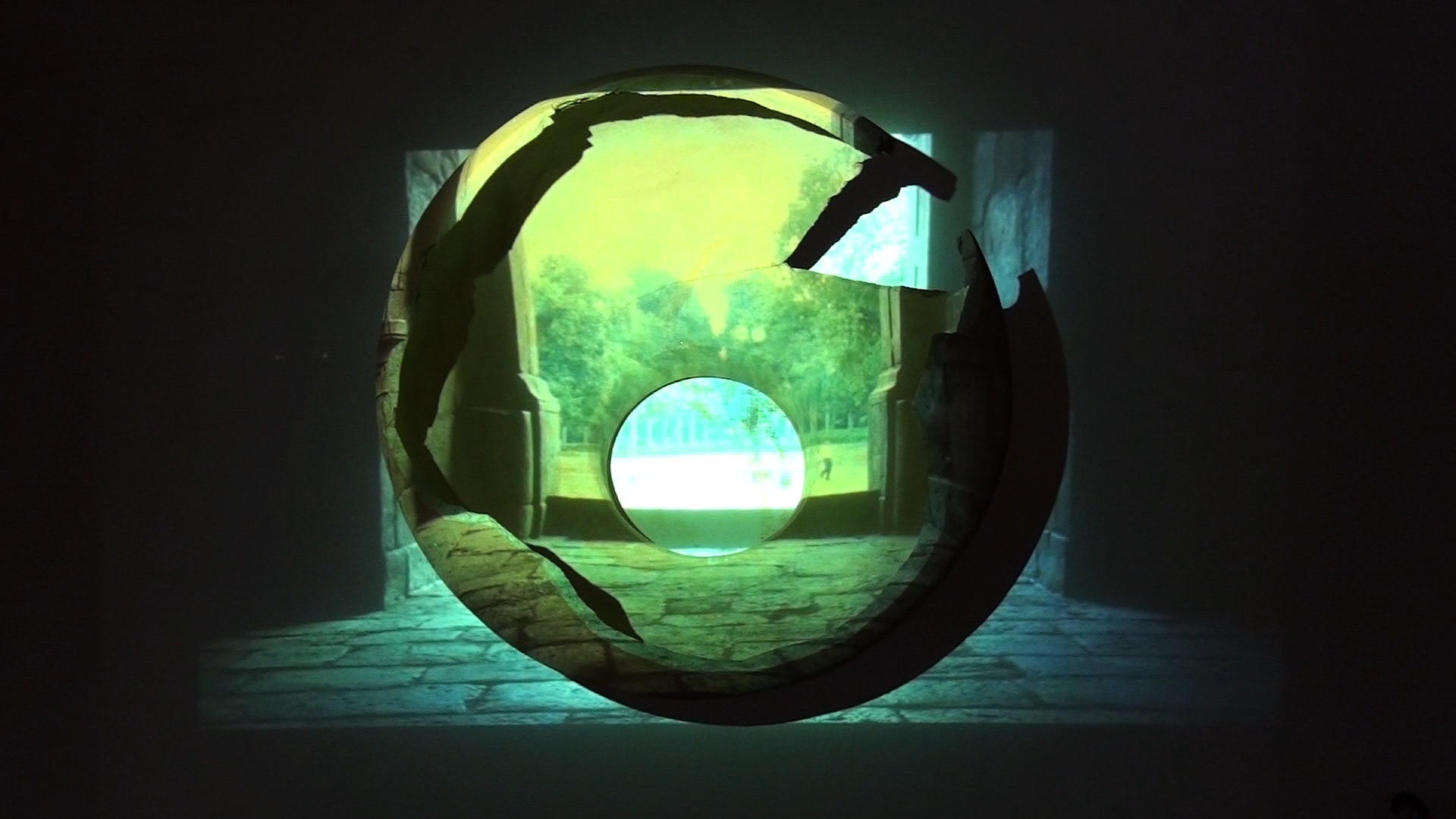
DOMES, 2015
Silent video
My interdisciplinary practice has been shaped by my academic research in social anthropology and philosophy. My work is influenced by studies of deconstruction in social analysis, and this is reflected in my approach to narrative form, which uses juxtapositions, layering and composite images and sounds. The content of these projects draws on the anthropological focus on social spaces, structures and identities, while my method for sound and video recording relies on an ethnographic approach to observation.
My work as an artist and curator draws on postcolonial intellectual movements that use non-Western thought and practice to disrupt hierarchies of knowledge. I explore the implications of these intellectual movements in Western thought and traditional anthropological research.
These strategies drive my latest works, and Convergence, a recurring curatorial project that counters the dominant narratives and aesthetics of institutional art spaces. These projects position artistic practices as critical responses to the underlying political and intellectual assumptions of dominant Western artistic discourse.